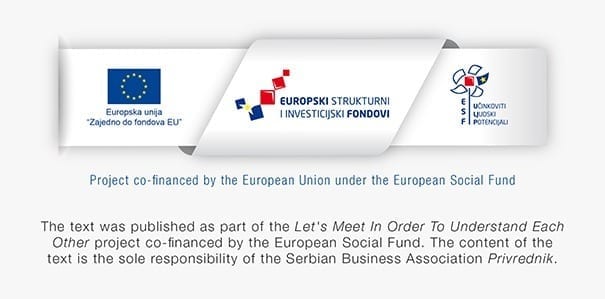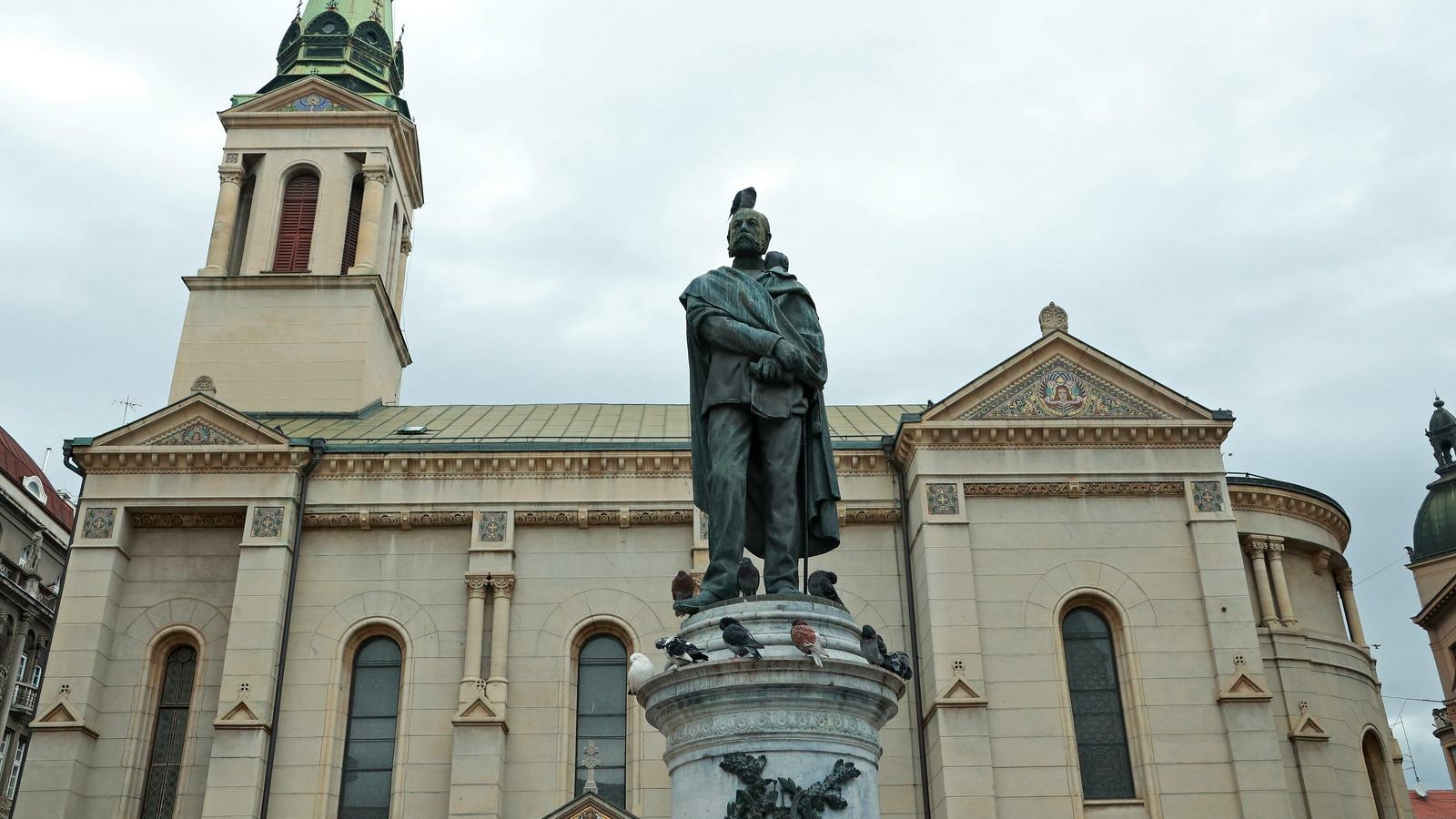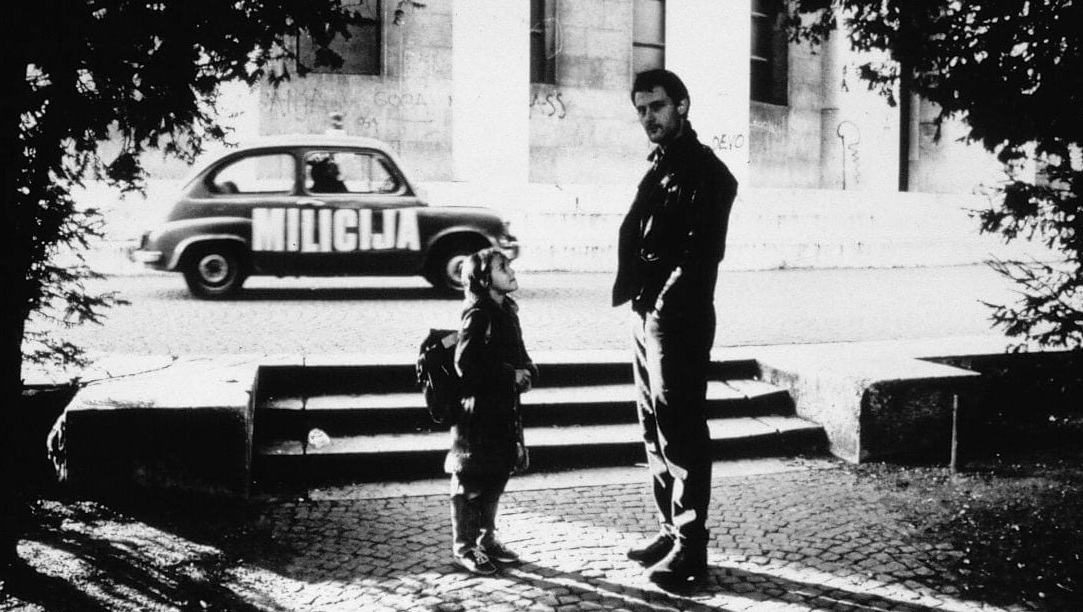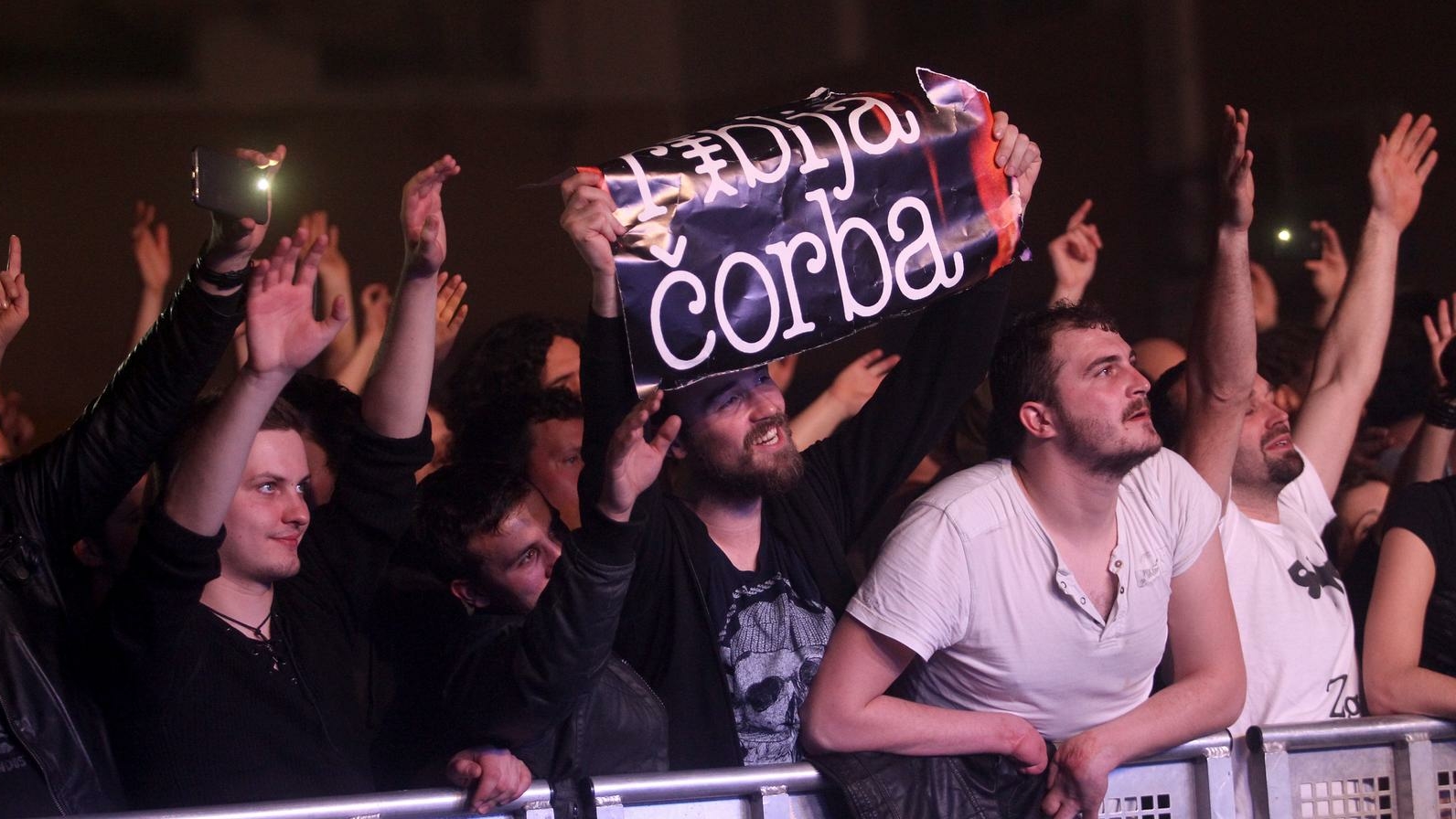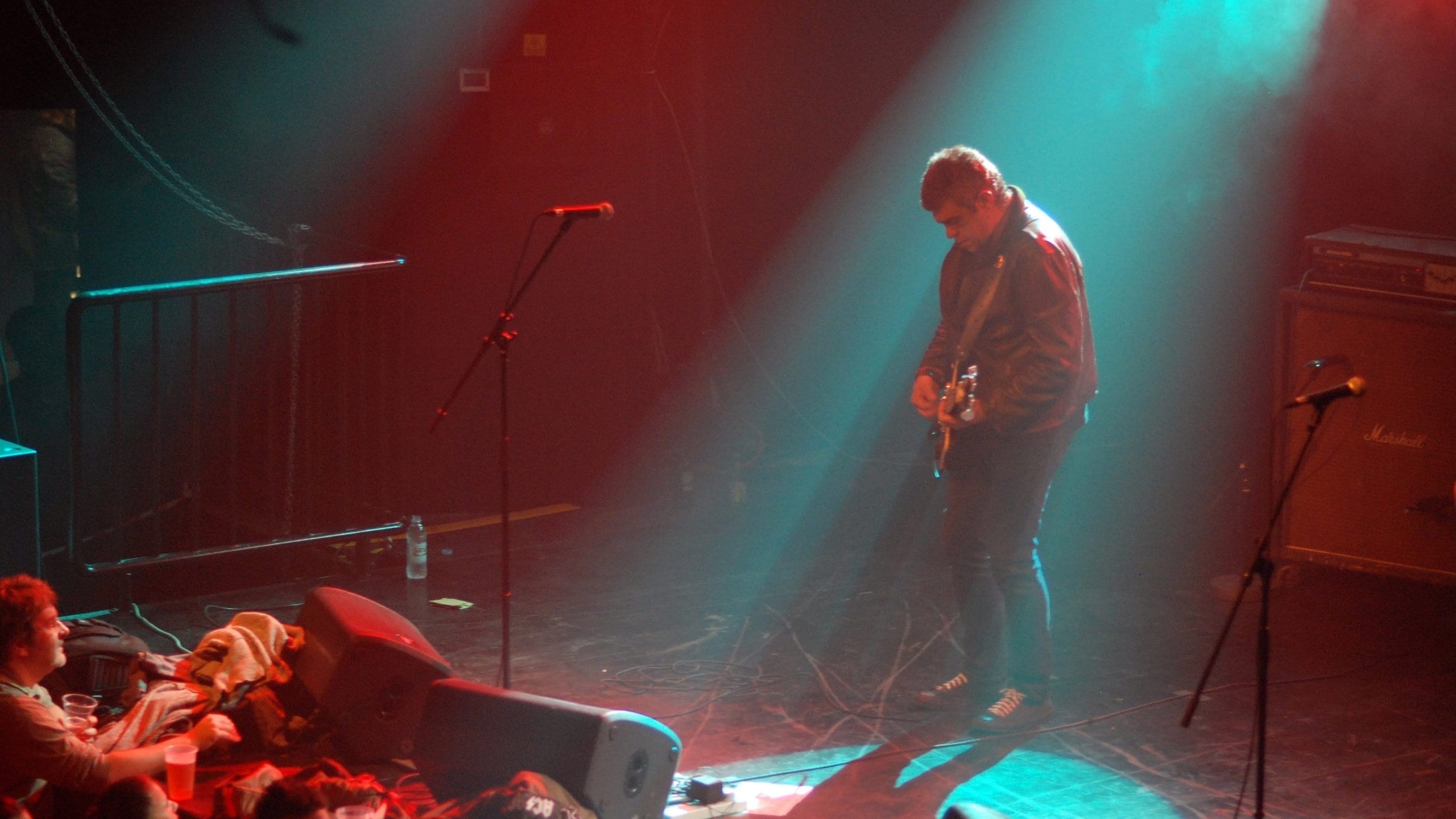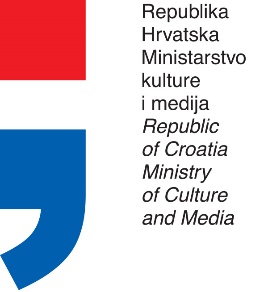During the 1980s, in that truly golden, and at the same time crisis era of the city of Zagreb, a part of the young world, the more artistic one, also gathered on Flower Square. The main stopping and gathering place was along the low wall with the iron fence behind which the church stood. It will sound amazing today, but we mostly did not even wonder what kind of church it was. Some of us would only find that out later. As we were sitting with our backs against the fence and admiring the square, the only thing obstructing the full view was the statue we were looking at from behind. The monument to Petar Preradović. Most of us were not interested in this Austrian general and, as Croatian sources call him, one of the most important poets of Croatian romanticism of the time. Even if we were, we would have understood that, as with almost all phenomena here, the attributions and descriptions were not so simple.
Prime example of assimilation
Petar Preradović was born in a Podravina, Kajkavian village near Đurđevac, close to the present-day border with Hungary, which was all part of the same country at the time – the Austrian Empire. He was born as a Serb as well, in March 1818. He came from a typical Grenzer military family with several varieties of the same surname and with a long tradition of serving the Empire. Some of them even received titles (Hungarian, and even Russian) so they used to sign themselves as “De Preradovich”. The variety to which our poet belonged was Grubišno Polje, a place with a strong Serbian presence. His path was typical for a large number of Serbs living there at that time: German education, military service afterwards, military academy, and ranking. In order to achieve this and to progress, with regard to military and civil affairs, in every direction and aspect, as well as for many important figures of Austria from the most diverse fields of activity, not only for Serbs but also, especially, for Jews (we remember the genius composer Gustav Mahler), a necessary part of the journey was the point of change and the word we fear even today – assimilation. Croatian sources indicate that during his education in Wiener Neustadt (or Vienna’s Newtown) the young cadet Preradović “converted to Catholicism”. It is true that the actual act of apostasy, i.e., conversion, never happened. Cadets were automatically enrolled as Catholics, with a typical bureaucratic Austrian “catch” – they could administratively change their confession at their own request and convert back to the original one. This is the form of false freedom that exists even today in various forms. Preradović’s Catholicism is an example of assimilation: mass on Sundays with his military buddies, which represents a slight rejection of his own traditions and faith, life far away from home. In contrast to the violent Turkification that we are all familiar with from Andrić’s novel, de-Serbisation and conversion to Catholicism, or Catholicisation, was carried out more perfidiously in Austria, slowly and almost invisibly. An even stronger and more significant factor of change was cultural, primarily linguistic. During eight years of schooling, and later military service, first in Italy, in Milan, Preradović forgot not only his origin and religious affiliation, but, fascinatingly enough for a future classic poet of national romanticism, he almost forgot his native tongue. Catholicisation is one thing, but Germanisation was a much stronger process. The writer of one of the most famous odes to our language, ironically, wrote his first verses in German.
Fateful meetings
The biographies here mention the key meeting with Ivan Kukuljević Sakcinski as the beginnings of his awareness of national, Croatian, or (South) Slavic liberation and the development of the ideas of national romanticism as part of the Illyrian movement at the time, but also as the moment when Preradović “returned” to his national, Croatian culture and decided to write in his mother tongue. Another meeting is often omitted, the one during the deployment to Zadar – the acquaintance with Špiro Dimitrović, who was also a Serb, a Dalmatian from Benkovac, and, just like Preradović, an Austrian officer. Unfortunately, it seemed that he knew our language only a little bit more than Preradović. Nevertheless, after that Preradović wrote his first poem in Croatian, published in 1843 in the newspaper “Dalmatinska zora” – a poem entitled “Poslanica Špiri Dimitroviću”.
Fate of a Grenzer
Although after that meeting he published poetry more systematically, and even a dramatic text and two unfinished epics (!), he translated from German and into German – Preradović was a polyglot – in fact, it could be said that all of it was a “piece of cake” to him, colloquially speaking. He was more interested in his military career than in poetry and rose to the rank of general, which is no small thing for the descendant of a Serbian father and a non-commissioned officer, a mere ensign. Not to mention the fact that he received nobility from the Emperor Francis Joseph himself, so his descendants sign themselves as “Von Preradovich” to this day.
But that has little to do with poetry.
There is hardly a sentence that is more humiliating for a true poet than the following, as one of today’s dull Croatian biographies asserts in an unreasonable and unintentionally comic manner: Preradović was engaged in literature “as much as his military duties (general’s rank) allowed him.”
It should be obvious right away what the problem is here. Being a poet is a calling that goes above everything else, sometimes even above life itself. Miroslav Krleža, inexorable as always, felt this precisely in Preradović, and even more so bearing in mind an ideological position that was anything but fond of the Grenzer general’s world. Krleža wrote mercilessly about him several times, once even through Nazor’s words, spoken “intimately, in private”. He called Preradović “the vainest versifier” and in two texts written in an incredible span of fifty years, respectively, in 1918 and 1968, in two different countries and systems, he wondered why we even celebrated the anniversary of the author – “a typical Grenzer Oberleutnant”, and he mentioned his “dilettante poems” with disgust.
Krleža is a shade too strict. Whatever else he was, Preradović was a poet who wrote at least one fantastic, timeless couplet, in his most famous poem “Rod o jeziku”:
“O jeziku, rode, da ti pojem,
O jeziku milom, tvom i mojem!”
In addition, he wrote at least one stanza from another, even more famous variation, with alliterations that students here have been learning for a century – the one from the poem “Jezik roda moga”:
„Kao vječno more sinje
U kretu si gipkom, lakom,
Podaje se dahu svakom,
I mreška se i propinje,
(Kakva moć je vjetra koga) –
Zuji, zveči, zvoni, zvuči,
Šumi, grmi, tutnji, huči –
To je jezik roda moga!”
As they say – less than some bigger ones, more than some completely forgotten ones.
Symbolic triumph of ethnic mimicry
One may wonder – where does such a cult of Petar Preradović come from?
As with most phenomena in our country, the matter is primarily of a political-ideological and ethno-national nature. Krleža wrote in the same text that “This general never once uttered a Croatian name, because he didn’t feel like a Croat” and added, which is certainly intriguing for us today, that Preradović spoke more to “Niki Bartulović and his fellows” – a remark that deserves a separate essay.
Even that statement regarding the declaration of affiliation is not true: a meticulous researcher found two quotes in the autobiographical notes in which Preradović wrote as follows: “Although we, as Croats…” and “the few of us, Croatian officers”…
Over the past hundred years, Petar Preradović has gained a prominent place in Croatian historiography and institutionalised culture for two reasons: yes, he was a prominent figure of the main currents and ideological formations within the Croatian people and Croatian political thoughts and tendencies in the 19th century, from Illyrian movement, Pan-Slavism, South Slavism, Austro-Slavism (which was, let’s not forget, intrinsically anti-Serb or, more precisely, anti-Serbian, which would show in cataclysmic proportions in 1914), and so on, but also along the lines of emergence of the modern Croatian nation as a society based on the principle of ethnicity, which is a different matter. Simply put, he is a “metaphor of mimetic” – a Serb from Croatia who changed his nationality. In summary: a symbolic triumph of Croatian and ethnic assimilation.
“Return” to the Serbian corpus
If we take a big leap in time and go back to a much closer period, the one mentioned at the beginning, when we were gathering in front of Preradović’s monument on the square that, although everyone calls it “Flower Square”, actually bears his name. Or if we go to the time immediately after that – when onomastics became the key to survival here – some of us can experientially measure the extent of that process at the level where things became fundamental and cruel. Unlike more prominent surnames of our people, one of the local Serbs bearing the surname Preradović, and there were plenty of them, could hide quite well in bad times, even more so if they had a more “neutral” name, such as were given in the socialist era. It was to that extent that the name Preradović was integrated into the Croatian national culture, especially from the moment when the exclusivist ethnic paradigm took hold.
Interestingly enough, when people started establishing organizations of Serbs in Croatia, after the breakup of the common country, Preradović was, like Borojević, included in the gallery of prominent Serbs. However, it seems as if that relationship has always remained somewhat disingenuous and unpleasant, not to say divided. The “mission” has succeeded here as well – institutionally speaking, the Croats are more proud of Preradović than the Serbs, no matter how it seems.
Soon, on August 18, it will be one hundred and fifty years since Petar Preradović died in Vienna. Seven years later, his remains were transferred to Zagreb. Today they lie in the Mirogoj arcades. This anniversary is important for many reasons. Not quite honest, not quite natural, for either side, but still important. At least as a lesson for us.
Translation from Croatian: Ivana Bojkić
